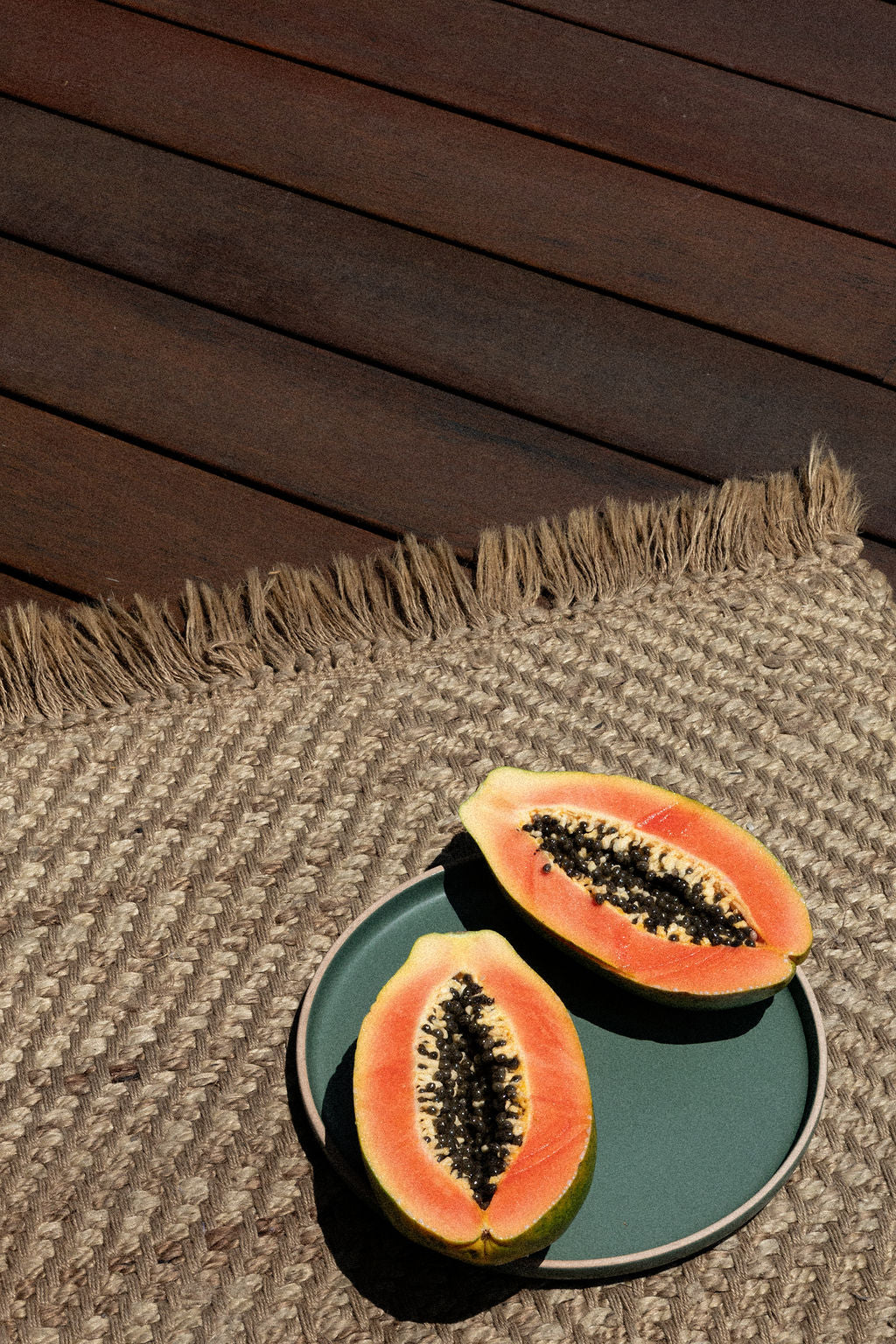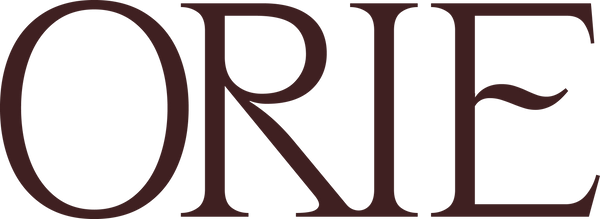
Nutrients For Preconception

Iodine - promotes healthy thyroid function which promotes the formation and development of foetal organs and tissues. Iodine is also important for brain development, skeletal formation and the nervous system. Iodine is found in seaweed, wakame flakes, eggs, yoghurt & prunes
Folate - reduces the risk of pre-eclampsia, prevents neural tube defects, assists with embryo development and is important for ovarian responsiveness which will assist with improving egg quantity. Food sources of iodine include spinach, broccoli, asparagus, Brussel sprouts, rainbow chard, avocado &eggs
Vitamin D - helps the body to tolerate the growth of a baby who contains 50% foreign genetic material (from the sperm). Vitamin D supports embryo implantation into the uterus, and adequate levels prior to conception and pregnancy are associated with reduced risk of the baby developing asthma, allergies and developmental issues. Sources of Vitamin D include cod liver oil, organic liver, eggs, mackerel, salmon & sunshine
Omega 3 fatty acids - required for healthy brain, heart, eye and nervous system development. Adequate Omega 3 reduces the risk of pre-term birth, and has been shown to reduce post-natal depression and baby brain. Food sources of omega 3 fatty acids include oily fish, chia seeds, hemp seeds, linseeds, walnuts, extra virgin olive oil & flaxseeds
Choline - supports brain development and healthy gene expression, reduces the risk of neural tube defects and supports foetal development. Food sources of choline include eggs, organic liver and red meat.
Iron - iron is needed to carry oxygen in the blood to a developing foetus and support increased maternal blood volume. Iron enhances fertility by improving ovulation. If there is a deficiency before pregnancy, it can be difficult to reach adequate stores during pregnancy and can put the baby at risk of deficiency. Food sources of iron include cooked lentils, cooked spinach, red meat, tempeh, organic liver, spirulina & sesame seeds
Zinc - supports fertility by maintaining regular hormone function and ovulation. Food sources of zinc include pumpkin seeds, oysters, beef, legumes, chicken
CoQ10 - a potent antioxidant, CoQ10 protects DNA from oxidation and has shown to support egg quality and fertilisation. Food sources of CoQ10 include grapes, citrus fruits, berries, turmeric, green tea, brassica vegetables
Vitamin E - regulates the synthesis of sex hormones and optimises the health of the ovum. Vitamin E also improves endometrial thickness which results in increased rates of pregnancy. Food sources of Vitamin E include sunflower seeds, spinach & almonds
Vitamin B12 - deficiency has been linked to reduced ovulation and birth defects. Food sources include beef, salmon, eggs, organic liver & nutritional yeast
